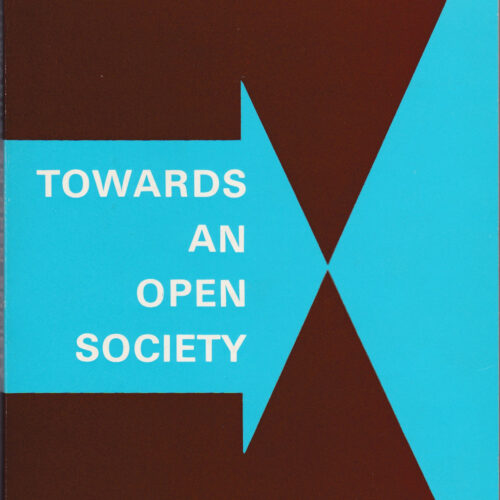

I think that believing in the brotherhood of man is not just a matter of signing these letters, it is a matter of our own attitudes and our personal lives; it is a matter of what we do about racialism in our own society, it is a matter of what we do about class distinctions among people we know, of what we do about injustice, and other evils which we are in a position to combat… we have got to act, and act concretely, and even in small ways do things seriously.
A.J. Ayer, ‘The Character of an Open Society’ in Towards an Open Society (1971)
Towards an Open Society was a two day seminar organised by the British Humanist Association (now Humanists UK) in December 1969, to explore practical ways of bringing about an open society: one with, in the words of David Pollock, ‘a minimum of division but a maximum of differentiation’. The concept of an open, enabling society such as this – glimpsable already in the emergence of the National Health Service – was at the heart of the BHA’s work, and animated much of its campaigning for media and governmental accountability, for effective and inclusive education, against censorship, and through cooperative efforts with religious bodies.
In 1971, the conference’s papers – exploring the character, challenges, and opportunities of an open society – were published as Towards an Open Society: Ends and Means in British Politics in ‘an attempt to widen those discussions’. These papers came from A.J. Ayer, H.J. Blackham, Bernard Crick, Anthony Storr, Anthony Wedgwood Benn, Dipak Nandy, Stuart Hood, Edward Boyle, Jo Grimond, John P. Mackintosh, and James Hemming.
If society requires the underpinning of shared values, then let these be found, not in the narrow, disputed tenets of a particular religion or moral code, but in a larger, more generous commitment to freedom, truth and cooperation.
David Pollock, ‘Humanism and the Open Society’ in Humanist News, August/September 1970
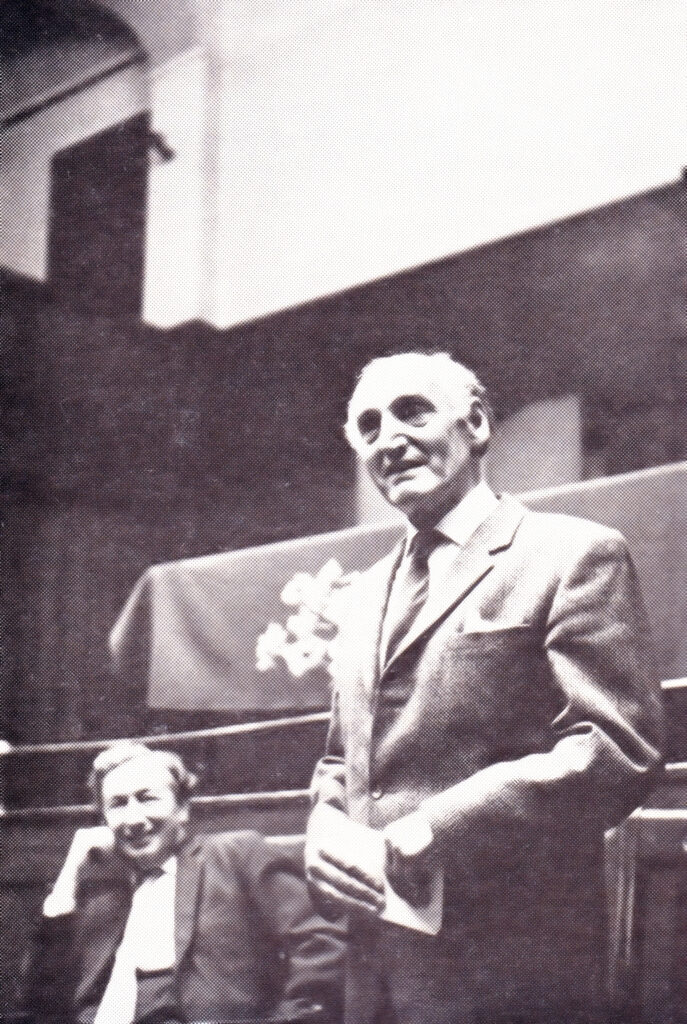
In The Open Society and Its Enemies, first published in 1945, philosopher Karl Popper provided what historian David Nash has called ‘the ideological backbone’ of the British Humanist Association’s efforts towards an open society. For Popper, an open society is one ‘in which individuals are confronted with personal decisions’, as opposed to the closed ‘magical or tribal or collectivist society’. These decisions are based on a recognition of ‘rational personal responsibility’, and enabled by a genuinely democratic society. This concept of ‘rational personal responsibility’ aligned closely with the beliefs of humanists and the British Humanist Association, who sought the practical realisation of central humanist values, not by converting everyone to humanism, but by finding common ground. As David Pollock wrote in Humanist News:
Humanism is… a means of making sense of the world. It offers a coherent set of values and beliefs, most of which already enjoy very general consent – for example, the belief that men are mortal; that there is no other life for us than this; and the values of humanity, honesty, knowledge and reason, of sympathy and openness in personal relationships, freedom and tolerance in society. But to humanists, making sense of the world is not enough.
The conference of 1969, organised by the British Humanist Association, brought together, in the words of BHA Chairman Peter Draper, ‘those interested in re-examining the goals of society and working out and campaigning effectively for more just, more democratic ways of organising our human family’. At the Royal Festival Hall, London ‘speakers and participants engaged in two days of lively and constructive exchanges’ on topics ranging from media and technology to education and race relations. Revised versions of the papers were subsequently published as Towards an Open Society (1971). Draper’s introduction to the collection began:
What is a better society? To have definite views about social progress – about the directions in which one would like to see movement – is to be in danger of being dismissed as idealistic or even utopian. But for those to whom the future means more than the price of butter or the size of commercial markets, the discussion of possible directions of change and ways of achieving change must take place. An open society is one kind of preferred society.
The conference sought to create wider public discussion of the meaning of an open society, towards which the policies of the BHA were geared. As stated in the 1969 Annual Report, in the context of education campaigning, viewing campaigns ‘in the light of our commitment to an open society… raises our appreciation of the situation from a tactical level to one of principle’. The ideals were thus embodied in both the aims and means of their campaigning: for humanist representation in education, for example, rather than to abolish ‘religious instruction’ entirely. Initiatives such as the Social Morality Council, formed in 1966 to bring together humanists and religious representatives for the discussion of social issues, was another such example.
The importance of acting to bring about an open society was central the aims of the conference, and to the British Humanist Association. As H.J. Blackham wrote in his contribution to the proceedings (‘Conditions and Areas of Permissiveness in Society’):
…we do not want an achievement of this kind to be a Garden of Epicurus, an oasis in a deprived world; but a leaven which will spread throughout the world with the universality of Bergson’s* idea of the open society.
Bernard Crick (‘Toleration and Permissiveness’)
Anthony Storr (‘The Individual and the Mass’)
Anthony Wedgwood Benn (‘Machines and People’)
Dipak Nandy (‘Race as Politics’)
Stuart Hood (‘Mass Media: the Right to be Heard’)
Edward Boyle (‘The Relevance of Political Institutions’)
Jo Grimond (‘Participation in Politics’)
John P. Mackintosh (‘The Role of Parliament in an Open Society’)
James Hemming (‘Education in an Open Society’)
* In his paper, A.J. Ayer described French philosopher Henri Bergson’s concept of an open society as encompassing ‘humanity as a whole, the fellowship or the brotherhood of man.’
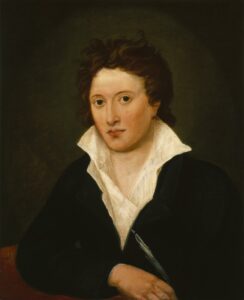
Percy Bysshe Shelley was a major poet of the Romantic period, and remains one of England’s best loved and most […]
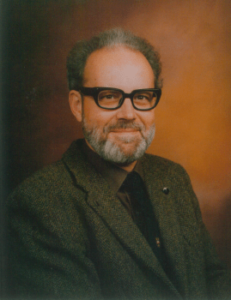
Humanism involves not just the deletion of God from moral thought, but the development of humanity on a rational and […]
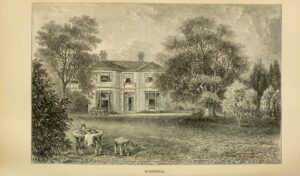
Living in a house beautifully situated on the outskirts of Coventry, they used to spend their lives in philosophical speculations, […]
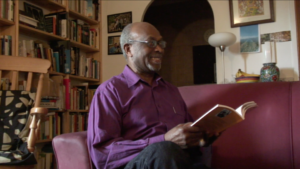
The difference and variety of our human family more and more seems to me to be a wise provision that […]